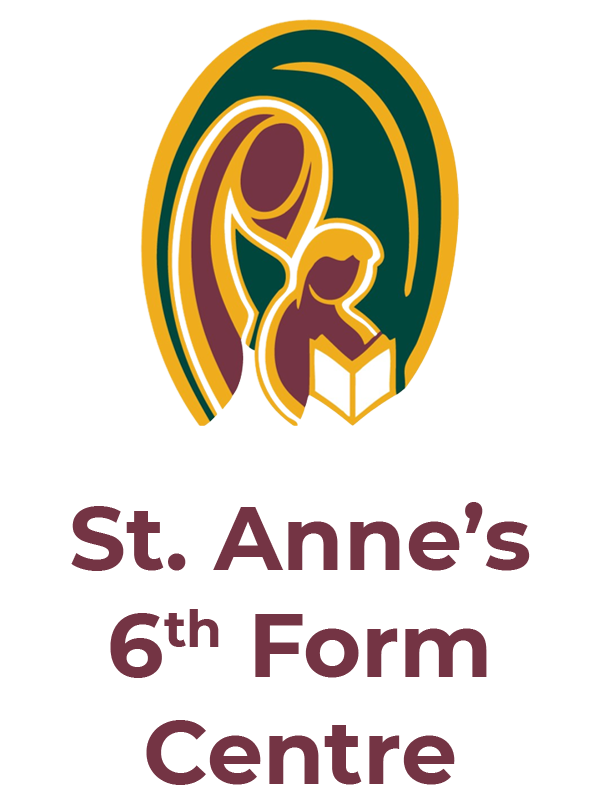Information Technology BTEC Level 3
DEPARTMENT STAFF
Subject Leader: Ms Duarte
KS5 Subject Teachers: Mr Delaney, Mr Osemwengie
DEPARTMENT STAFF
Subject Leader: Ms Duarte
KS5 Subject Teachers: Mr Delaney, Mr Osemwengie
The aim of the IT department is to inspire our students with a love of learning and to equip them with knowledge and to develop skills that stand the test of time. We aim to give learners the opportunity to develop their knowledge and skills in various IT systems, web design, and database software development. This will enable them to progress to further study in the IT sector or other industry related sectors.
The IT Department offers the BTEC National Extended Certificate qualification equivalent to one A level. Learners cover a wide range of various specialist IT subject areas including computer hardware and software, computer networks, emerging technologies, computer security and legislation, uses and impact of IT systems in organisations, website design and database development. Assessment allows learners to build on their skills needed for Higher Education and includes written examinations, controlled assessments (in which a pre-release material is studied in advance) as well as internal assignments.

Course offered: BTEC Level 3 Extended Certificate in Information Technology (AAQ)
Length of course: 2 Years
Specification: Edexcel
Number of lessons per fortnight: 9 lessons
Core units for this course include:
Unit 1: Information Technology Systems (Externally Assessed)
Unit 2: Cyber Security and Incident Management (Externally Assessed)
Unit 3: Website Development (Internally Assessed)
Unit 4: Relational Database Development (Internally Assessed)
The BTEC Level 3 National Extended Certificate in Information Technology (AAQ) is Alternative Academic Qualification (AAQ) designed for post-16 students with an interest in the Digital sector and aiming to progress to higher education as a route to graduate level employment. Equivalent to one A level in size, it is suitable for students looking to develop their applied knowledge and skills in Information Technology as part of a study programme alongside A levels. The external assessment components of the course is made up of 66.6% of the total qualification.
Learners will study the fundamental knowledge of Information Technology covering the role and implications of using Information Technology systems and cyber-security threats and how to manage attacks. Students will also develop important skills for creating websites to meet a specific purpose and to manage data through the development of a relational database solution.
The objective of this qualification is to give learners the opportunity to develop their knowledge and skills in digital technologies and how organisations plan digital projects and follow a project lifecycle; and gain understanding of organisation structures and processes and how to embed digital safety to keep data and assets secure.
Furthermore, learners will develop their technical skills to design and build a website to meet user requirements using relevant tools and techniques, including testing for usability, functionality and fitness for purpose; and follow a design methodology to create and develop a database design to meet user requirements, including testing the solution.

Possible Careers:
- Software engineer
- Network Engineer
- Computer Games designer
- App developer
- Web Developer
- Computer programmer
- System Analyst
- Cyber Security Analyst
- Forensic Computer Analyst
Further Reading:
- Code: The Hidden Language of Computer Hardware and Software by Charles Petzold. “What do flashlights, the British invasion, black cats, and seesaws have to do with computers? …see how ingenuity and our very human compulsion to communicate have driven the technological innovations of the past two centuries.”
- The Pattern on the Stone: The Simple Ideas That Make Computers Work by Daniel Hillis. Explains the basic concepts of the computer in everyday language.
- The Information: A History, a Theory, a Flood by James Gleick. A chronicle that shows how information has become “the modern era’s defining quality – the blood, the fuel, the vital principle of our world.”
- Outnumbered: From Facebook and Google to fake news and filter-bubbles – the algorithms that control our lives by David Sumpter. An applied mathematician takes a look at what algorithms are doing with our data and how they are changing our lives.
- AI: Its Nature and Future by Margaret A Boden. “Reviews the philosophical and technological challenges raised by Artificial Intelligence, considering whether programs could ever be really intelligent, creative or even conscious, and shows how the pursuit of Artificial Intelligence has helped us to appreciate how human and animal minds are possible.”
- Hidden Figures: The American Dream and the Untold Story of the Black Women Who Helped Win the Space Race by Margot Lee Shetterly. The story of NASA’s African-American female ‘Human Computers’.
Trips & Extra Curricular Club/Activities:
Ada Lovelace Day – Webinar
Computing Live! At Disneyland Paris
Computing LIVE! is a fantastic opportunity to bring the curriculum to life and inspire your future career.
The trip provides you expert and live speaker presentations to give you the opportunity to access people from high profile organisations. You can listen to their real-life experiences and hear how fundamental principles and concepts of computing are applied in the real world to offer real solutions to everyday problems, as well as understanding the different directions a career in computing could take.
SUBJECTS
News
- How Computer Science Made Me Brave
- Computer science is for everyone
- https://www.bbc.co.uk/news/technology
- https://www.computerweekly.com/resources/IT-innovation-research-and-development
- https://www.computerweekly.com/photostory/252496893/UKtech50-2021-The-most-influential-people-in-UK-IT/1/1-Sarah-Wilkinson-CEO-NHS-Digital
